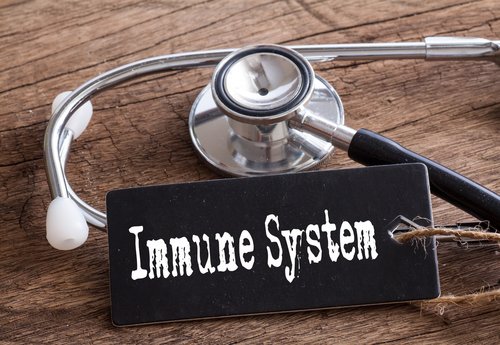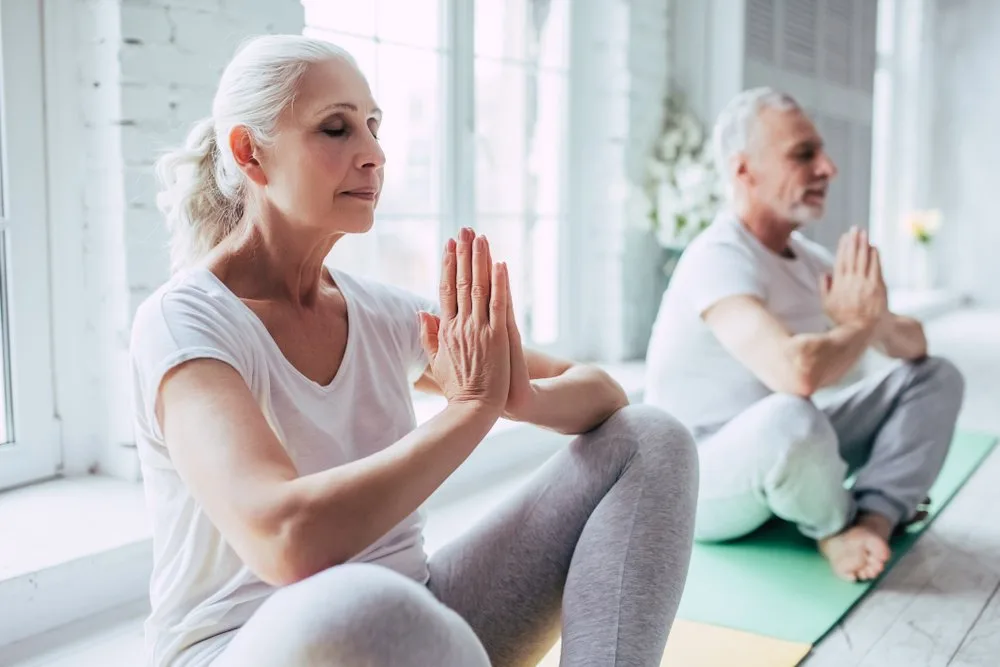According to statistics, there are about 593,000 centenarians around the world. With life expectancy on a steady increase, it’s no wonder that the number of centenarians is expected to be 3.7 million by 2050.
So, what makes these individuals so special that they’re able to celebrate a century of birthdays and more? Well, a new study attempted to answer this question. The researchers identified that it could be their immune system that’s allowing centenarians to live such long lives.
What happens to our immune system as we age?
Over the years, nothing remains the same forever, as this is especially true for our bodies, be it our skin, eyesight, and immune system.
As we age, our immune systems weaken. This makes us more vulnerable to infections and diseases.
Yet, many centenarians, especially those in Blue Zones like Loma Linda, often experience delays in the onset of these age-related conditions. This suggests that there’s something in their immune system that may be contributing to their longevity.
A centenarian’s immune system
A group of researchers, led by Dr. Tanya Karagiannis, a senior bioinformatician, analyzed the immune systems of centenarians. The scientists then compared these immune cells with other available databases that also contained the data of immune cells from people ranging across the human lifespan.
Per the findings, the researchers saw that the centenarians’ immune cells did not follow the same path associated with natural aging.
Centenarians have a unique immune system
“[We] basically found that centenarians manifest a history of exposure to natural environmental immunogens that made them more resilient and more resistant to potentially harmful factors,” explained co-researcher Stefano Monti.
The researchers believe the findings are enough to explore more immune-related therapies with regard to increasing longevity.
 However, it is important to point out that the study’s findings don’t mean that a strong immune system will help you live longer. In fact, it just said that centenarians happen to have strong immune systems. As such, more research is needed to better understand the long-term, longevity-boosting effects of having a strong immune system – as well as how to protect it from weakening as the years go by.
However, it is important to point out that the study’s findings don’t mean that a strong immune system will help you live longer. In fact, it just said that centenarians happen to have strong immune systems. As such, more research is needed to better understand the long-term, longevity-boosting effects of having a strong immune system – as well as how to protect it from weakening as the years go by.
How to support a healthy immune system
For now, we may not be able to help you build the immune system of a centenarian – yet. But you can give yourself the necessary boost that’ll strengthen your body’s defense system. These include:
- A healthy diet: Compounds like quercetin, omega fatty acids, and curcumin have been found to strengthen the immune system. They can be found in fruits and vegetables, almonds, walnuts, and fish, as well as turmeric.
- Managing stress: Meditation, yoga, and journaling are great stress relievers.
- Strong social relationships: An animal study suggested social interactions can boost the immune system.
- Stay active: Regular exercise can help strengthen your immune system.
- Get enough sleep: Poor sleep can weaken the immune system, so if you’re struggling to get some rest, try using essential oils.
Want to know more?
Centenarian Keiko Kozaki was born the same year as Prince Philip, former US First Lady Nancy Reagan, aviator and astronaut John Glenn, famous boxer Sugar Ray Robinson, and actress Jane Russell. Here are Keiko’s secrets to longevity and becoming a centenarian
References
Hamilton, A., Rizzo, R., Brod, S., Ono, M., Perretti, M., Cooper, D., & D’Acquisto, F. (2022). The immunomodulatory effects of social isolation in mice are linked to temperature control. Brain, behavior, and immunity, 102, 179–194. https://doi.org/10.1016/j.bbi.2022.02.022
Karagiannis, T. T., Dowrey, T. W., Villacorta-Martin, C., Montano, M., Reed, E., Belkina, A. C., Andersen, S. L., Perls, T. T., Monti, S., Murphy, G. J., & Sebastiani, P. (2023). Multi-modal profiling of peripheral blood cells across the human lifespan reveals distinct immune cell signatures of aging and longevity. EBioMedicine, 90, 104514. https://doi.org/10.1016/j.ebiom.2023.104514



![women [longevity live]](https://longevitylive.com/wp-content/uploads/2020/01/photo-of-women-walking-down-the-street-1116984-100x100.jpg)










